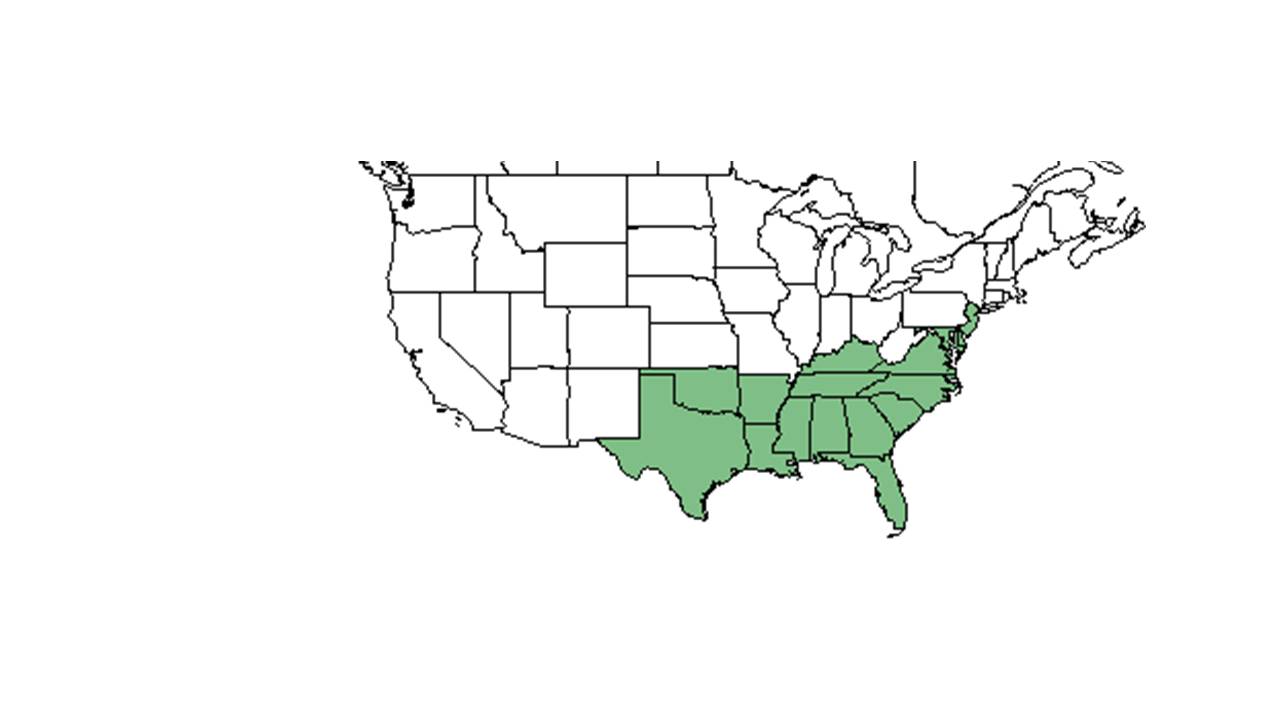Difference between revisions of "Gymnopogon brevifolius"
KatieMccoy (talk | contribs) |
|||
| Line 15: | Line 15: | ||
| binomial_authority = Trin. | | binomial_authority = Trin. | ||
| range_map = GYMN_BREV_dist.jpg | | range_map = GYMN_BREV_dist.jpg | ||
| − | | range_map_caption = Natural range of ''Gymnopogon brevifolius'' from USDA NRCS [http:// | + | | range_map_caption = Natural range of ''Gymnopogon brevifolius'' from USDA NRCS [http://plants.usda.gov/core/profile?symbol=GYBR Plants Database]. |
}} | }} | ||
Revision as of 12:27, 16 October 2015
| Gymnopogon brevifolius | |
|---|---|

| |
| Scientific classification | |
| Kingdom: | Plantae |
| Division: | Magnoliophyta - Flowering plants |
| Class: | Liliopsida – Monocotyledons |
| Order: | Cyperales |
| Family: | Poaceae ⁄ Gramineae |
| Genus: | Gymnopogon |
| Species: | G. brevifolius |
| Binomial name | |
| Gymnopogon brevifolius Trin. | |

| |
| Natural range of Gymnopogon brevifolius from USDA NRCS Plants Database. | |
Common name: shortleaf skeletongrass
Contents
Taxonomic notes
Description
Distribution
Ecology
Habitat
This species is found on longleaf pine sandhills, open wiregrass-pinewoods savannas, mesic pine flatwoods, palmetto-wiregrass-longleaf pine woodlands, pine barrens, and mixed woodlands (FSU Herbarium). They occur on dry and moist sandy loam in these environments as well as human disturbed habitats such as along back roads (FSU Herbarium).
Phenology
It has been observed to flower and fruit in January, April, September through October, and December (FSU Herbarium). It also flowers in August.[1]
Seed dispersal
Seed bank and germination
Fire ecology
Pollination
Use by animals
Comprised deer diets more in the summer than in the winter.[2]
Diseases and parasites
Conservation and Management
Cultivation and restoration
Photo Gallery
References and notes
Florida State University Robert K. Godfrey Herbarium database. URL: http://herbarium.bio.fsu.edu. Last accessed: June 2014. Collectors: Loran C. Anderson, Trina Mitchell, James R. Burkhalter, A. H. Curtiss, R. Kral, R.K. Godfrey, W. A. Silveus, and Carolyn Kindell. States and Counties: Florida: Calhoun, Duval, Franklin, Gulf, Jackson, Liberty, Santa Rosa, Wakulla, Walton, and Washington. Georgia: Grady.
- ↑ Flint, C. L. (1887). Grasses and forage plants: a practical treatise comprising their natural history; comparative nutritive value; methods of cultivating, cutting, and curing. Boston, MA, Lee and Shepard Publishers.
- ↑ Thill, R. E. (1983). Deer and cattle forage selection on Louisiana pine-hardwood sites. New Orleans, LA, USDA Forest Service.